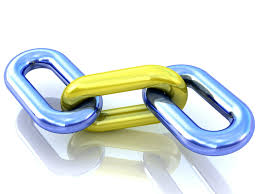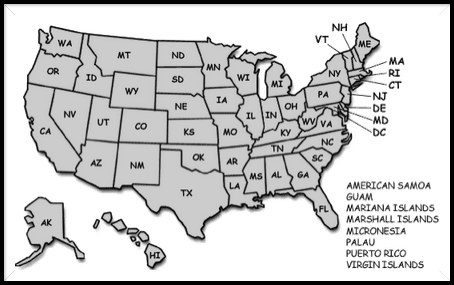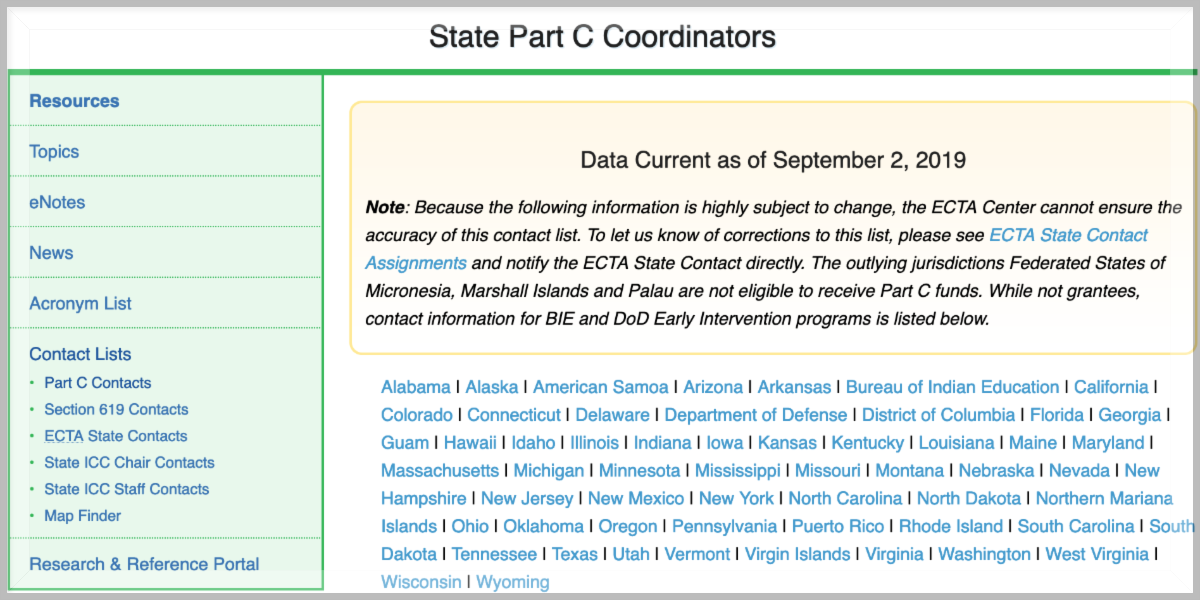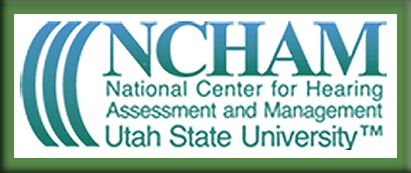ECHO Initiative Events
Tuesday, Oct. 15, 2019
2-3 p.m. ET
* * * * * * * * * * *
Tuesday, Oct. 22, 2019
2-3 p.m. ET
* * * * * * * * * * *
Additional Training Opportunities:
Link to Previous
Recorded Webinars:
If you've missed any of
our other previous webinars,
|
|
|
|
I
f your program is new to OAE screening, or if you have added new staff who need instruction on OAE screening practices,
where staff can view instructional video modules
and access the
corresponding resources.
|
|
Quick Links
|
|  Find more helpful hints from previous issues of Probes and Tips and many other
resources at: www.kidshearing.org |
|
|
 |
|
Get to Know State Partners in Early Childhood Hearing Screening
Early Head Start, Migrant and American Indian/Alaska Native Head Start programs continue to demonstrate their capacity to deliver evidence-based hearing screening to children 0-3 years of age. The ECHO Initiative has been fortunate to work with program staff nationwide who are learning to provide  Otoacoustic Emissions (OAE) screening to children with the goal of helping to identify those with permanent hearing loss. The ongoing relationships that local Head Start professionals build with children and families is key in both conducting the screening and supporting follow-up after screening. Otoacoustic Emissions (OAE) screening to children with the goal of helping to identify those with permanent hearing loss. The ongoing relationships that local Head Start professionals build with children and families is key in both conducting the screening and supporting follow-up after screening.
Other partners in early childhood hearing screening also have knowledge and resources to lend to the effort. With federal funding, State-based
Early Hearing Detection and Intervention (EHDI) Programs
have worked with hospitals
for close to
 two decades to make newborn hearing screening a standard of care. State EHDI Program staff help to support follow-up when infants need further hearing screening, evaluation, or early intervention services, and are responsible for collecting data and reporting outcomes. EHDI programs also share responsibility for seeing that children 0-3 who have permanent hearing loss are identified as early as possible, and are linked with audiological and intervention services. EHDI Program staff typically have strong working relationships with pediatric audiologists within their state and are knowledgeable about the range of services available for identified children and their families.
two decades to make newborn hearing screening a standard of care. State EHDI Program staff help to support follow-up when infants need further hearing screening, evaluation, or early intervention services, and are responsible for collecting data and reporting outcomes. EHDI programs also share responsibility for seeing that children 0-3 who have permanent hearing loss are identified as early as possible, and are linked with audiological and intervention services. EHDI Program staff typically have strong working relationships with pediatric audiologists within their state and are knowledgeable about the range of services available for identified children and their families.
Under the Individuals with Disabilities Education Act (IDEA), federal special education funds are distributed through state grant programs to help find and serve children, including those with hearing loss, who need early intervention services.
Part B section 619
is targeted specifically at children ages 3 to 5;
Part C a
uthorizes services for infants and toddlers. Regulations require that evaluation and assessments should include hearing. As
State Part C Coordinators
learn more about hearing screening, they can help integrate effective hearing scre
 enin
ening
practices into local Child Find efforts for children 0-3
years of age. It is critical that all children who are being evalu
ated for eligibility, as well as those who are receiving services,
have their hearing screened, because hearing loss often manifests as a developmental or language delay.
With similar goals of ensuring that hard of hearing or deaf children 0-3 years of age are identifie
d as early as possible and receive needed services, each program can benefit by sharing resources and information about:
- Pediatric audiologists who are available in local areas to complete diagnostic evaluations on children referred from screening. These audiologists may also play important roles in screening program development, appropriate OAE equipment selection, and hands-on screener training in a range of settings.
- OAE screener training opportunities. The ECHO Initiative provides free, online classes on a regular basis that can be attended by screeners serving in a range of settings. In addition, EHDI, Head Start and/or Part C program personnel may choose to use ECHO OAE online video modules and training tools at any time to structure learning opportunities for screeners. It may be efficient to host a local or regional training in which screeners serving in Head Start and Part C programs participate together.
- Services for individual children identified with permanent hearing loss. These children and their families have a range of needs that may require assistance from multiple agencies and organizations. For example, deaf or hard-of-hearing children may be enrolled in Early Head Start, may be receiving Part C early intervention services, and their parents may be linked with family-to-family support through the EHDI system of services.
No matter which agency or organization you represent, whether you are an administrator or a front-line service provider, you are a vital contributor to your state's overall hearing screening growth. We encourage you to get to know the other organizations and individuals involved in this work and to be creative when it comes to sharing resources and expanding screening availability within your state.
|
 |
Have any other suggestions for how programs can collaborate to share resources and expand screening?
If so, let us know at:
And, as always, share
www.KidsHearing.org
with anyone you think would benefit from our resources.
|
|

2615 Old Main Hill
Logan, UT 84322
|
|
|